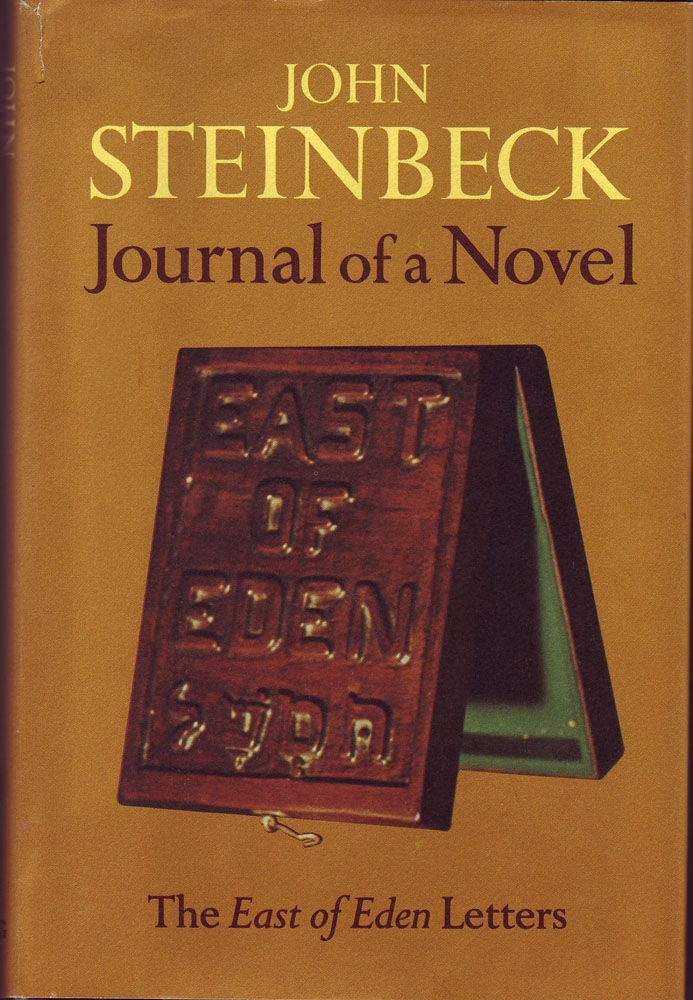I’ve always had a conflicted relationship with stories about fathers and sons, which is why the myth of Daedalus has always spoken to me. On the surface, Daedalus is a hero—sometimes even described as a demigod. But look deeper and you'll find a darker tale. Daedalus, the legendary Athenian inventor, is a prototype for the scientist-artist: brilliant, creative, but deeply flawed.
Growing up, my own father worked in an oil plant as a mechanic—far from a Daedalus figure. Yet, I always admired the idea of the accomplished, technically-skilled dad, full of techne. In the Greek myth, Daedalus becomes jealous of his gifted nephew, Talos, and pushes him from the heights of the Acropolis. Some versions say Talos dies; others that he’s transformed into a partridge. Either way, Daedalus is convicted and exiled.
In Crete, Daedalus is caught up in King Minos’s political games, building the labyrinth to contain the monstrous Minotaur. The web of myths—Minos, Pasiphaë, the bull, Theseus, and Ariadne—all spiral around Daedalus. But at the heart is a theme that feels painfully modern: the unintended consequences of genius and ambition.
Eventually, Daedalus and his son Icarus attempt their escape from Crete on wings fashioned from wax and feathers. Despite his father's warnings, Icarus flies too close to the sun; the wax melts and he falls into the sea. The story is a cautionary tale—about invention, about parenting, and about the tragic cost of overreaching. Talos and Icarus are both sacrifices, consumed by Daedalus's drive and flaws.
This myth still resonates today: human innovation can bring light—or unleash disaster. Whether it's fossil fuels, AI, or air conditioning, our inventions often have unintended consequences. We, like Daedalus, are both brilliant and blind to the costs.
After Athens and Crete, Daedalus ends up on the island of King Cocalus, still inventing, still being hunted by Minos. His cleverness solves the riddle of the spiral shell, but it also gives him away. Even at the end, he cannot stop inventing—no matter the danger.
So are we the inheritors of our fathers’ mistakes, or do we forge our own paths? Teaching the myth of Daedalus to teenagers is challenging but rewarding. The themes—creativity, jealousy, consequence—are universal and deeply relevant.
I’ve created a classroom-ready lesson plan on Daedalus for middle and high school ELA teachers. It’s perfect for units on Greek mythology, invention, or even modern novels like Percy Jackson. Bring this compelling story to your students—and add it to your teaching toolbox!
Download the Daedalus & Icarus Lesson Plan
Explore the full resource—discussion prompts, activities, visuals, and more for the Daedalus myth:














